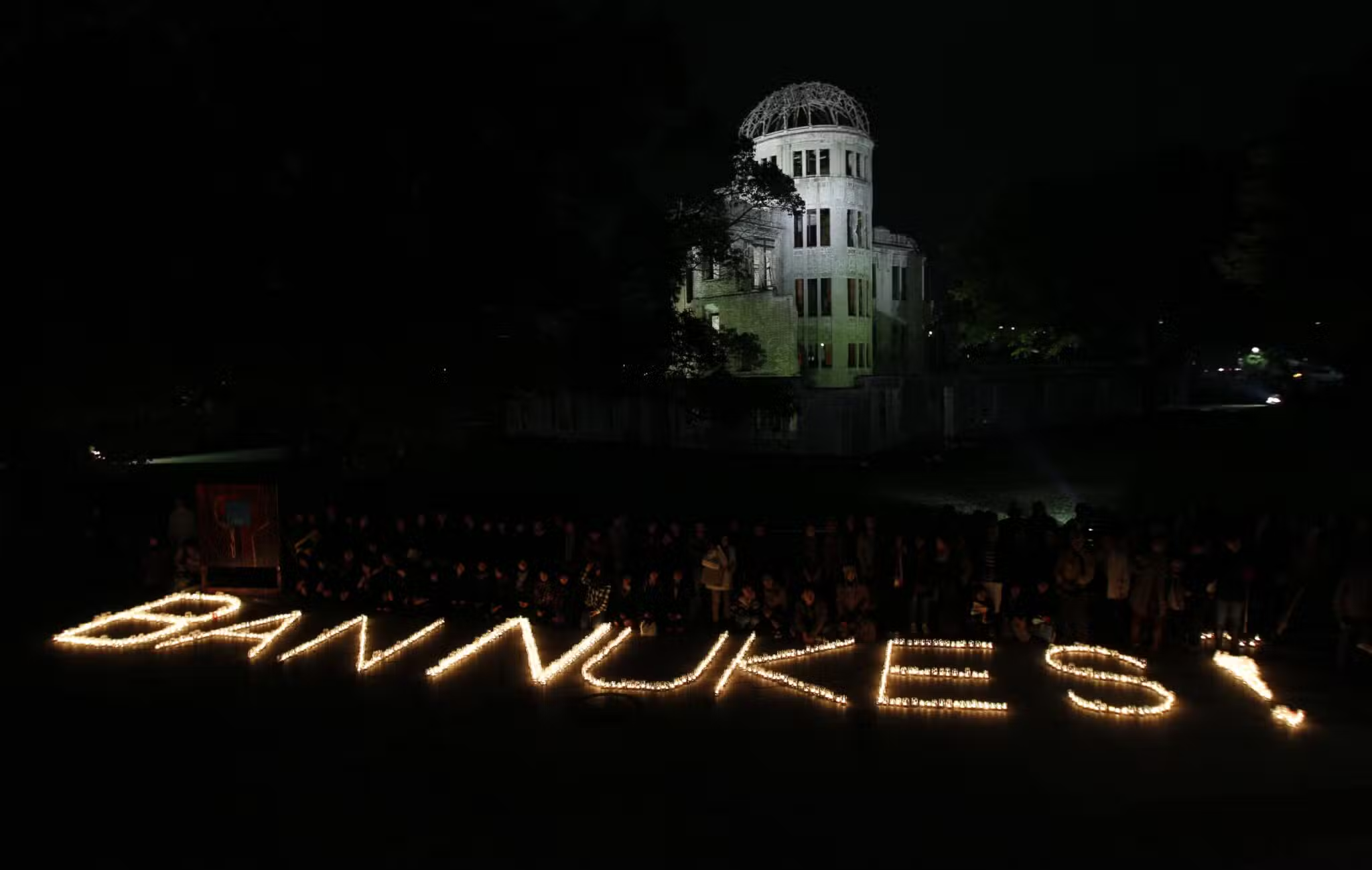Norman Rockwell’s painting of a family at Thanksgiving dinner is iconic. The food certainly looks delicious, but are we sure that everyone in that picture gets along? Thanksgiving Day dinners can be challenging occasions for growth. Here are four reminders that may be useful during this holiday season, as well as year-round.
The person who forgives benefits most. The biggest obstacle to forgiveness is probably the feeling that the person who forgives is admitting defeat. Actually, it is really a victory (see no. 3 at right). Forgiveness cannot change a past fact, but it opens up a more life-giving future by reinterpreting that fact in a new way.
Forgiveness is not reconciliation. It cannot guarantee that two people or several people will forever be on good terms. But it can enable one person to make the first steps that will end in greater personal freedom. You can decide to forgive on your own; reconciliation must be mutual. The other person may die clueless about how his or her behavior negatively affected you or others.
Is the other person paying you rent for the part of your life needed to maintain a grudge? I can’t remember who posed the question this way, but in some ways it’s the real key to forgiveness. Any grudge we hold will almost certainly affect us more than the person we might have forgiven.
Forgiveness does not mean enabling someone else’s destructive behavior. Forgiveness never requires us to lie to ourselves in order to minimize, for example, an abusive relationship, because telling the truth would be very painful. Seek appropriate legal action or mental-health assistance as needed. Blessed John Paul II forgave his would-be assassin. Do you have something bigger than that to forgive?








